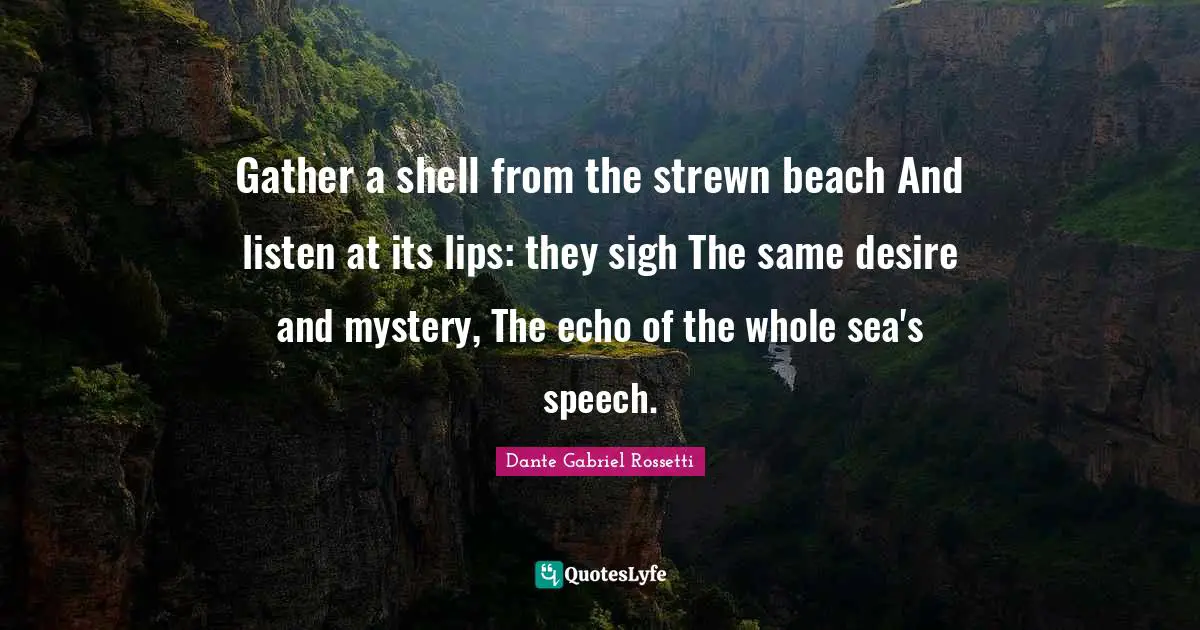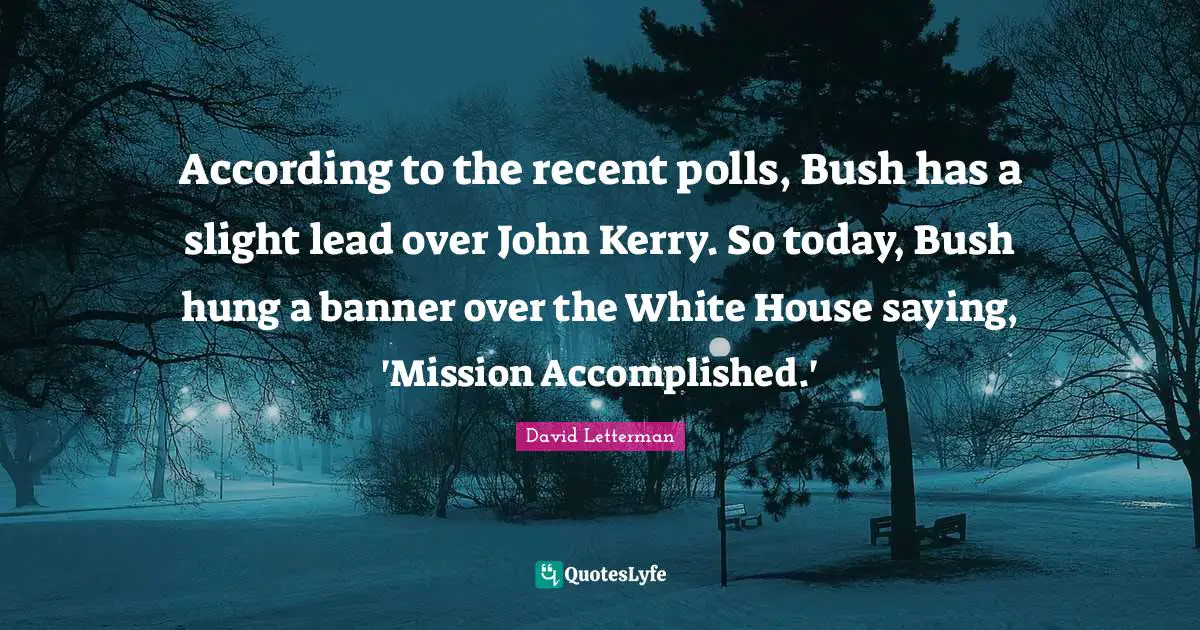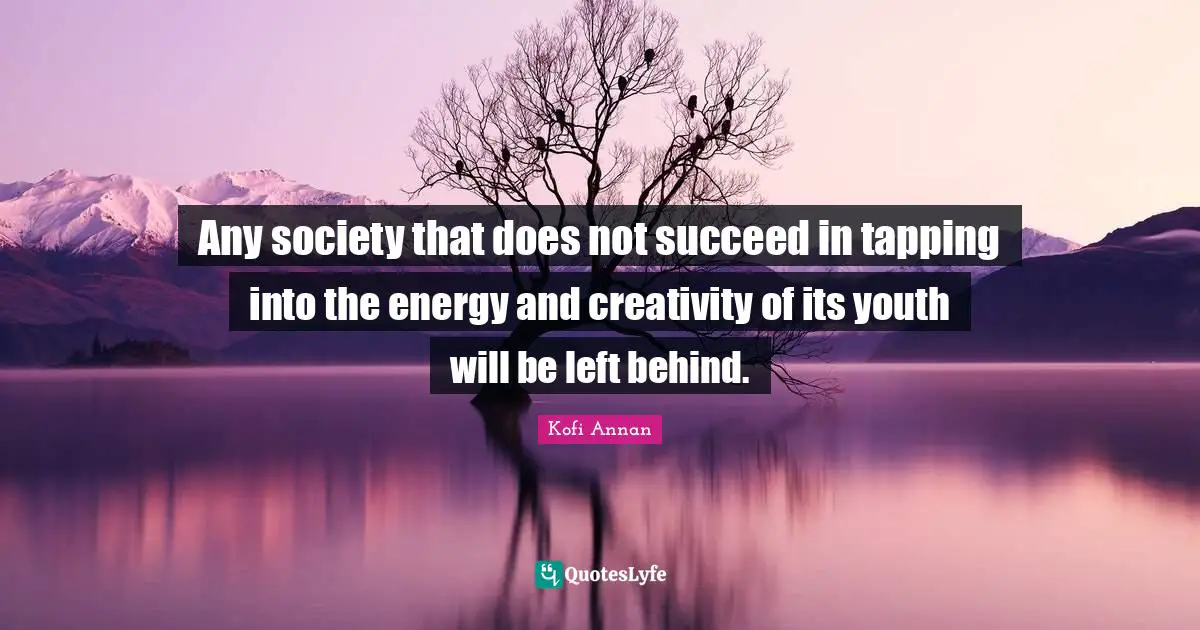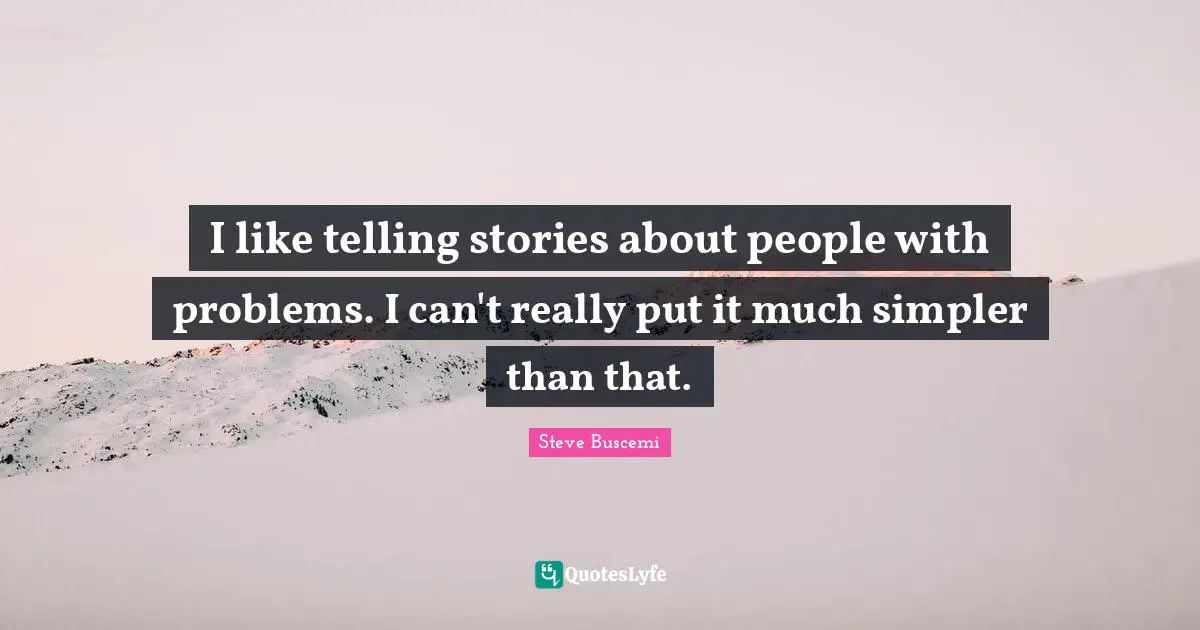![Jean-Yves Leloup, Compassion and Meditation: The Spiritual Dynamic between Buddhism and Christianity Quotes: [C]hange your thinking, your interpretation of he world, change the way you see! To change the way you see is to change the world. (50)](https://www.quoteslyfe.com/images/collection3/quotations59/C-hange-your-thinking-your-interpretation-of-59690.jpg)
[C]hange your thinking, your interpretation of he world, change the way you see! To change the way you see is to change the world. (50)
 Jean-Yves Leloup, Compassion and Meditation: The Spiritual Dynamic between Buddhism and Christianity
Jean-Yves Leloup, Compassion and Meditation: The Spiritual Dynamic between Buddhism and Christianity
Check all other quotes by Jean-Yves Leloup, Compassion and Meditation: The Spiritual Dynamic between Buddhism and Christianity
Want to display this quote image on your website or blog? Simply copy and paste the below code on your website/blog.
Embed:Format of this image is jpg. The width and height of image are 1200 and 630, repectively. This image is available for free to download.
Citation
Use the citation below to add this quote to your bibliography:
MLA Style Citation
"Jean-Yves Leloup, Compassion and Meditation: The Spiritual Dynamic between Buddhism and Christianity Quotes." Quoteslyfe.com, 2025. Thu. 06 Mar. 2025. <https://www.quoteslyfe.com/quote/C-hange-your-thinking-your-interpretation-of-59690>.
Check out
Other quotes of Jean-Yves Leloup, Compassion and Meditation: The Spiritual Dynamic between Buddhism and Christianity
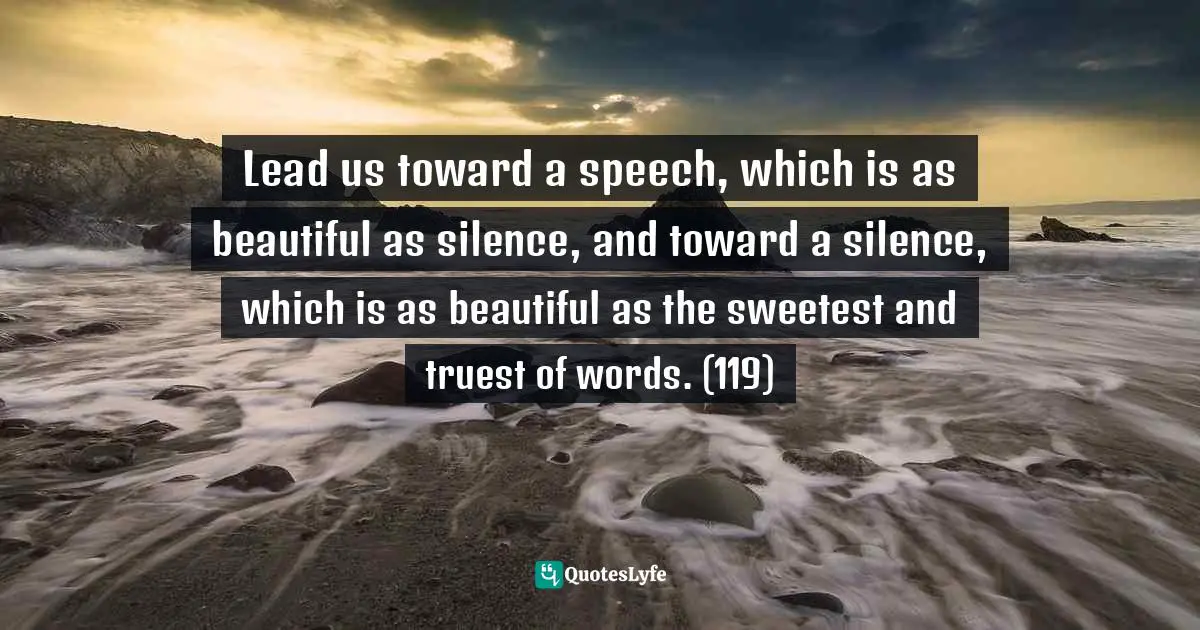
Lead us toward a speech, which is as beautiful as silence, and toward a silence, which is as beautiful as the sweetest and truest of words. (119)

Much blood has been spilled over words, and a great deal of it over the word ‘God.’ (125)
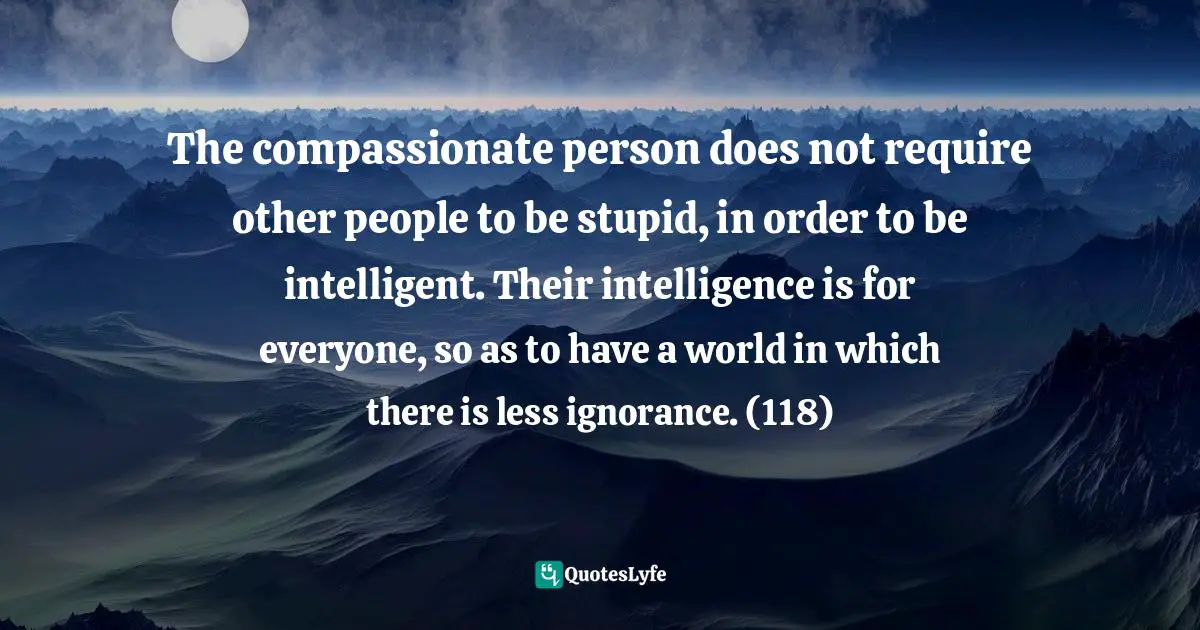
The compassionate person does not require other people to be stupid, in order to be intelligent. Their intelligence is for everyone, so as to have a world in which there is less ignorance. (118)
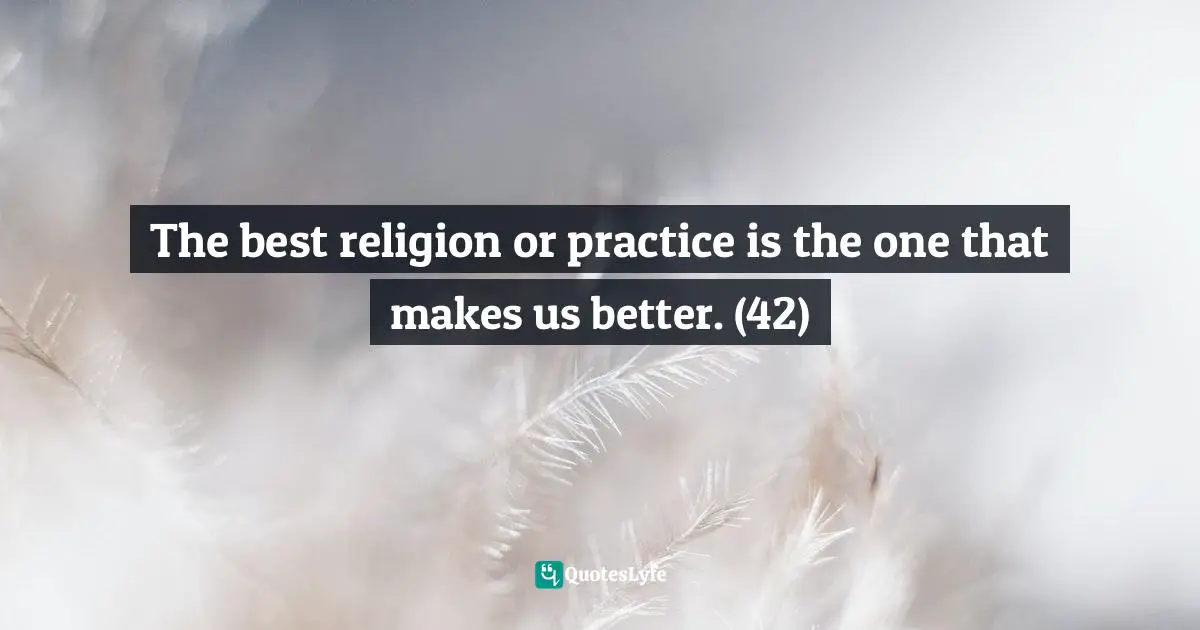
The best religion or practice is the one that makes us better. (42)
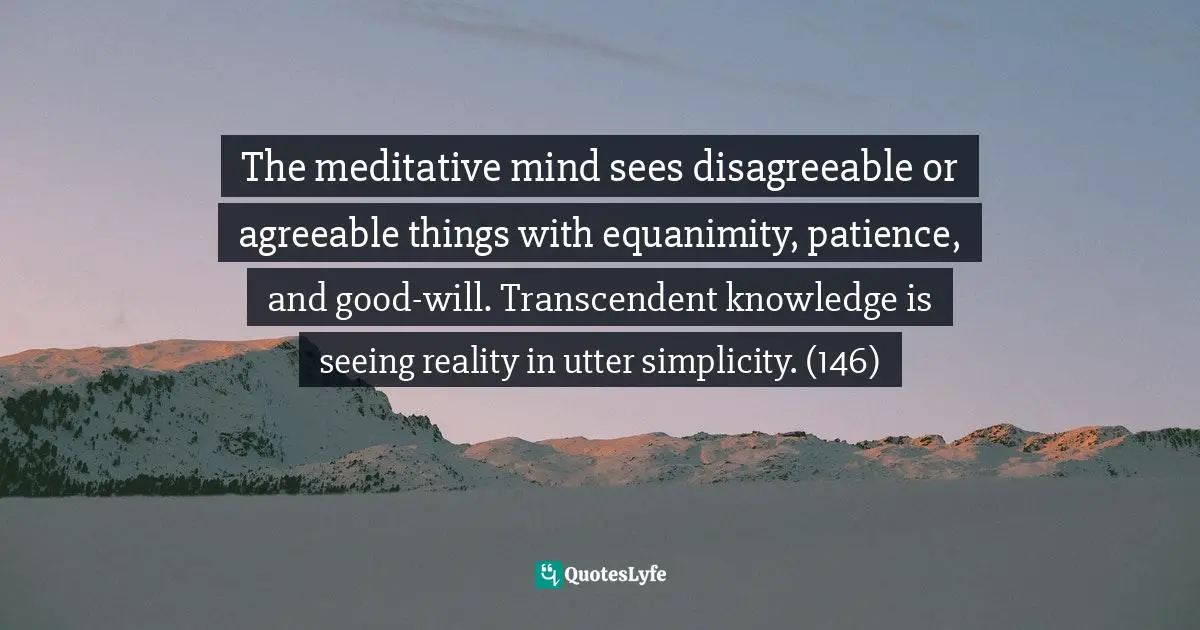
The meditative mind sees disagreeable or agreeable things with equanimity, patience, and good-will. Transcendent knowledge is seeing reality in utter simplicity. (146)
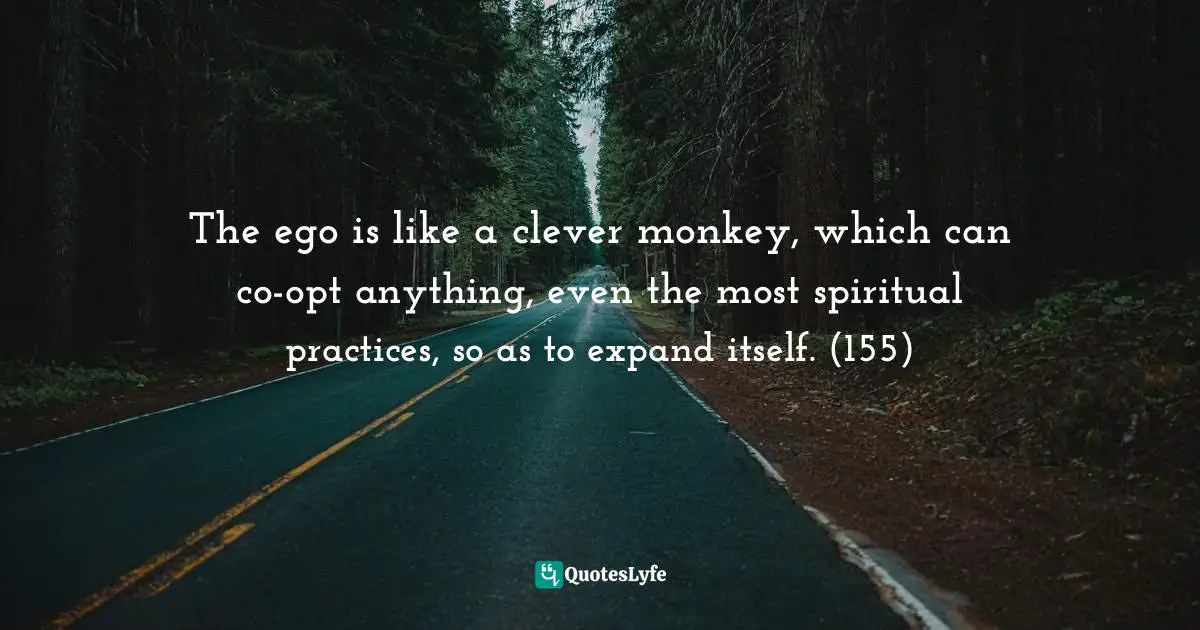
The ego is like a clever monkey, which can co-opt anything, even the most spiritual practices, so as to expand itself. (155)
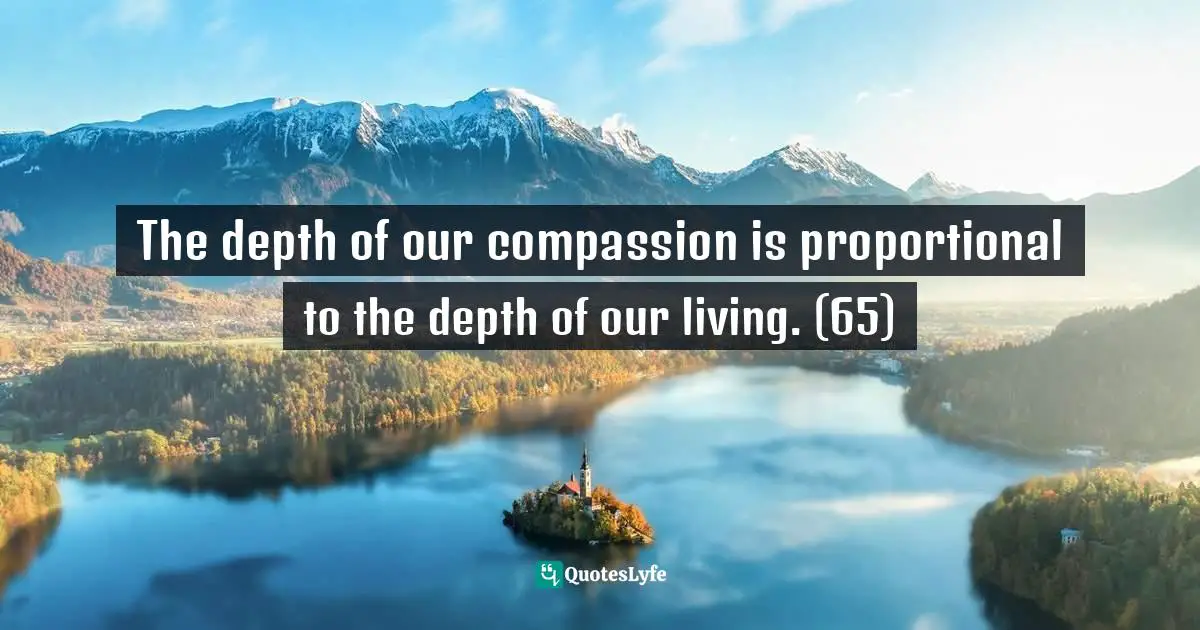
The depth of our compassion is proportional to the depth of our living. (65)
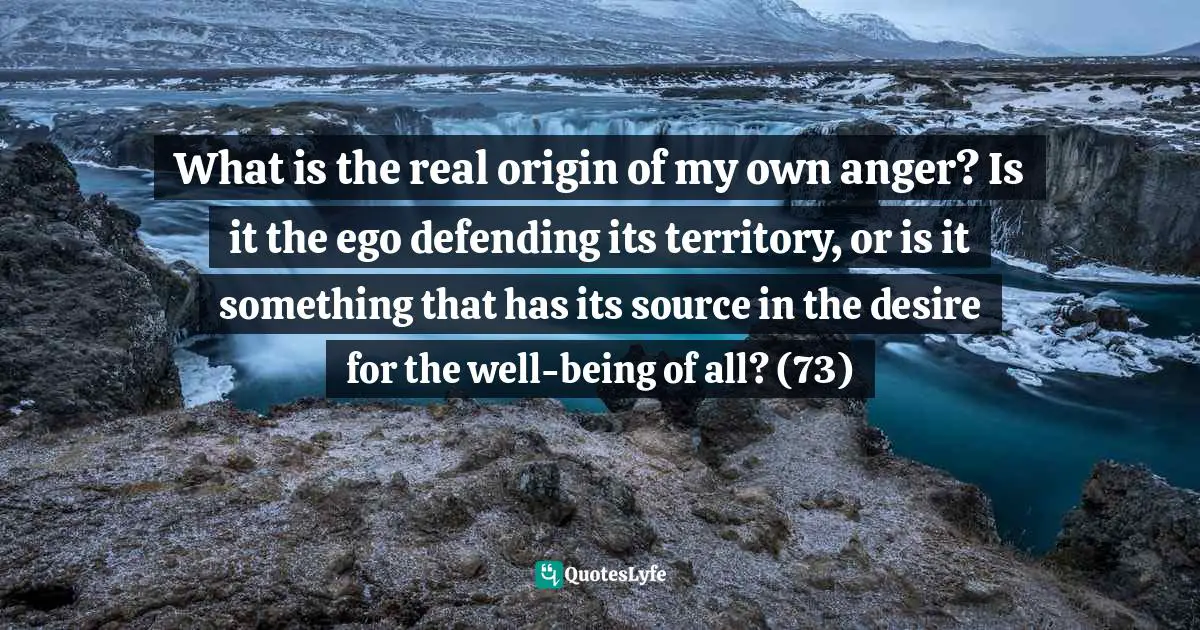
What is the real origin of my own anger? Is it the ego defending its territory, or is it something that has its source in the desire for the well-being of all? (73)

![[C]hange your thinking, your interpretation of he world, change the way you see! To change the way you see is to change the world. (50)](https://www.quoteslyfe.com/images/collection1/quotations59/C-hange-your-thinking-your-interpretation-of-59690.jpg)



